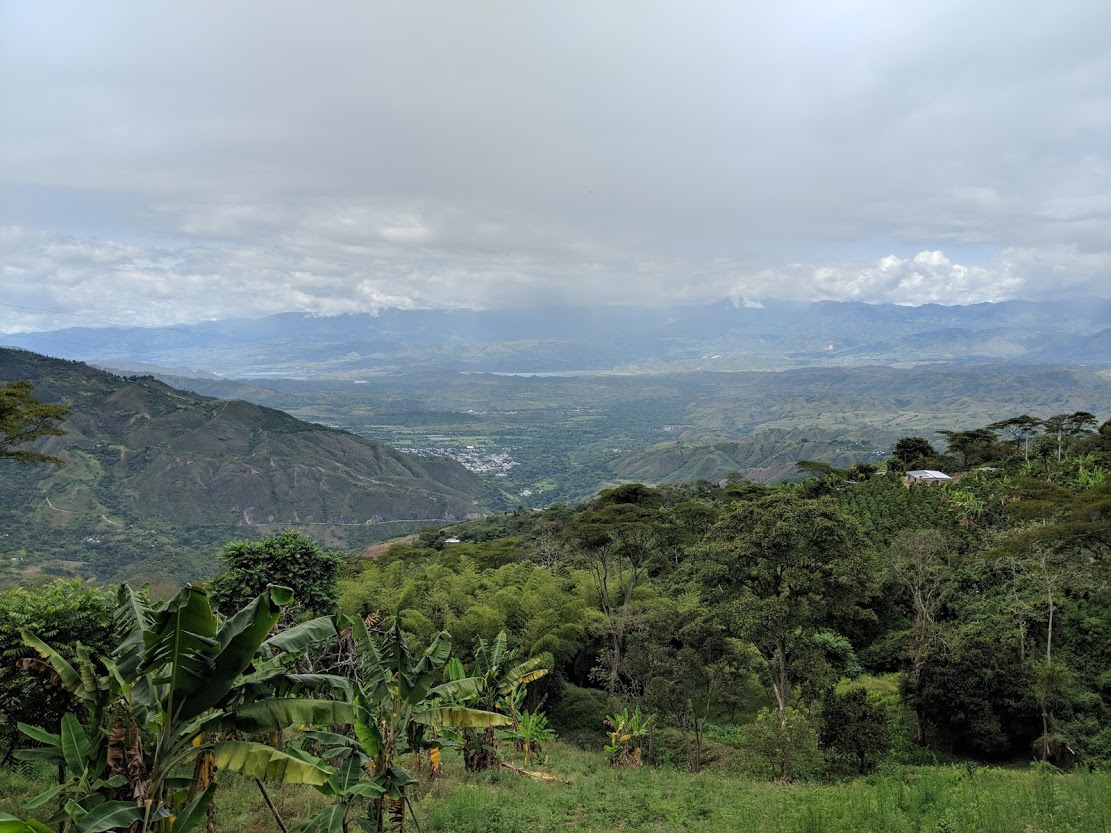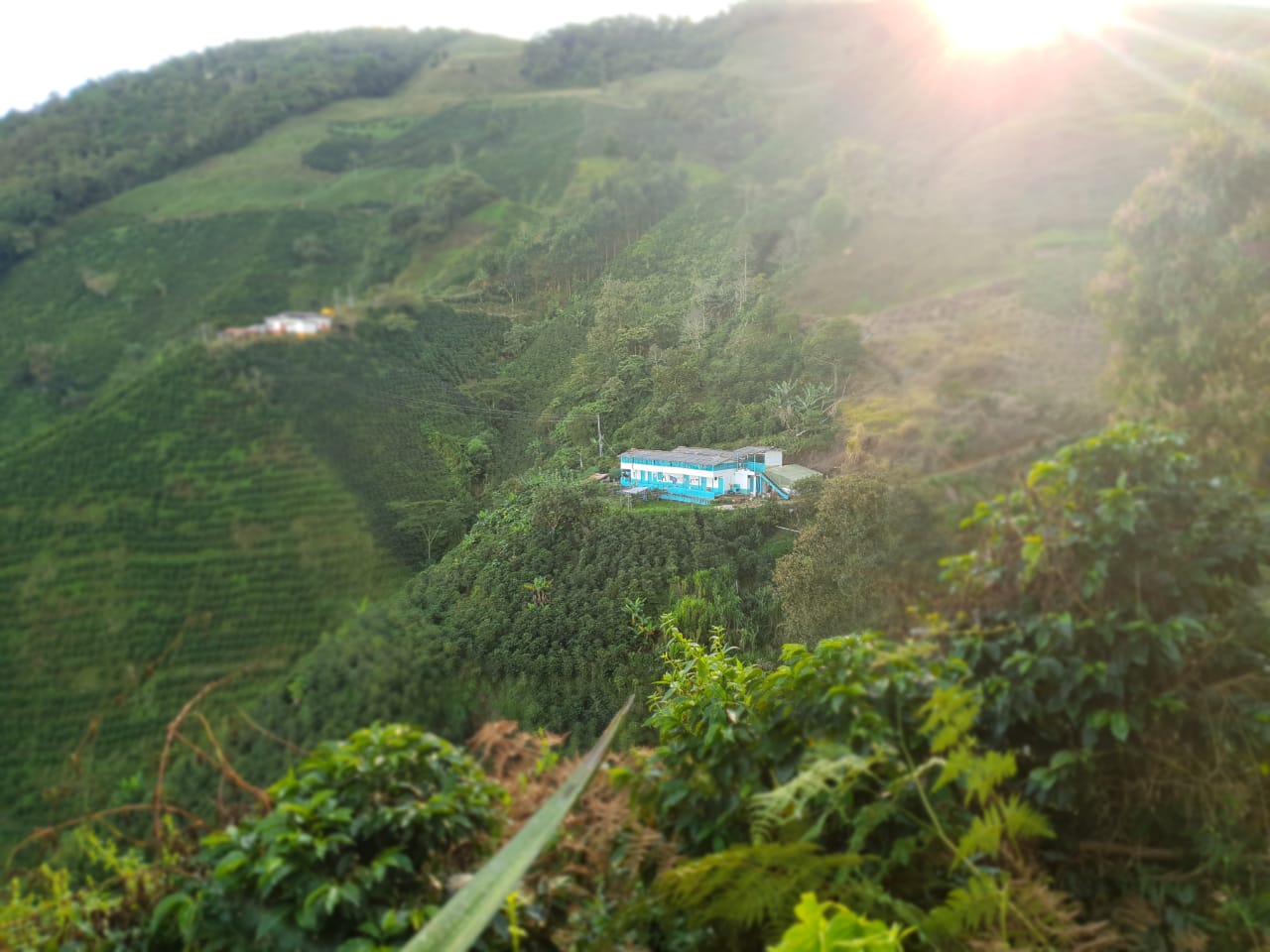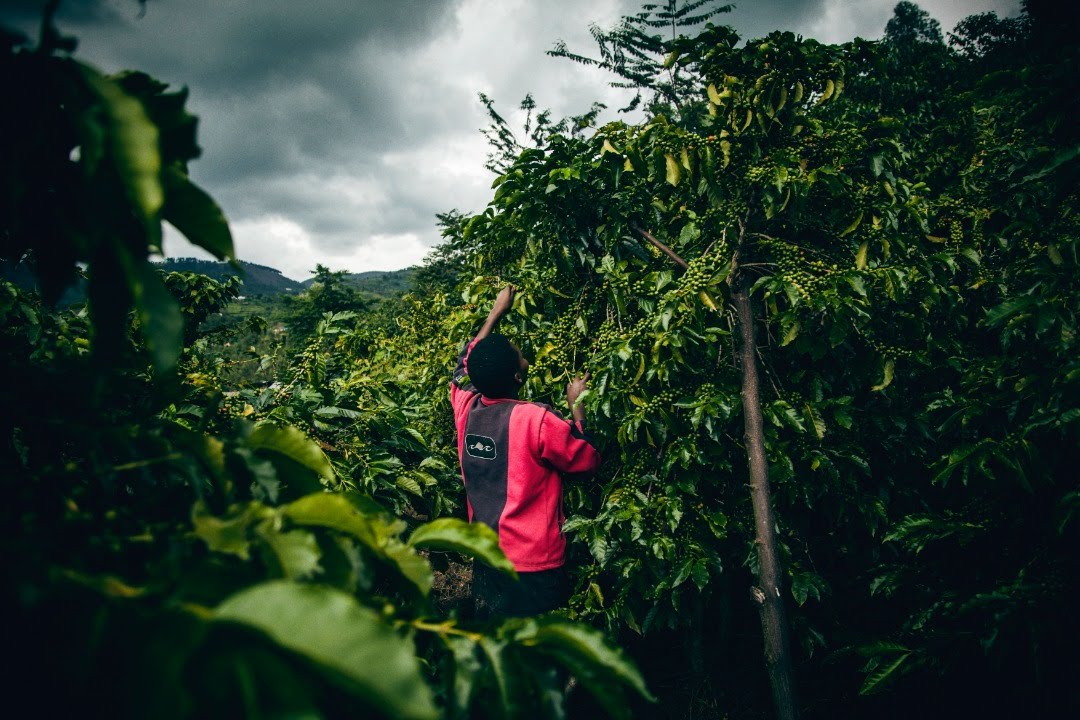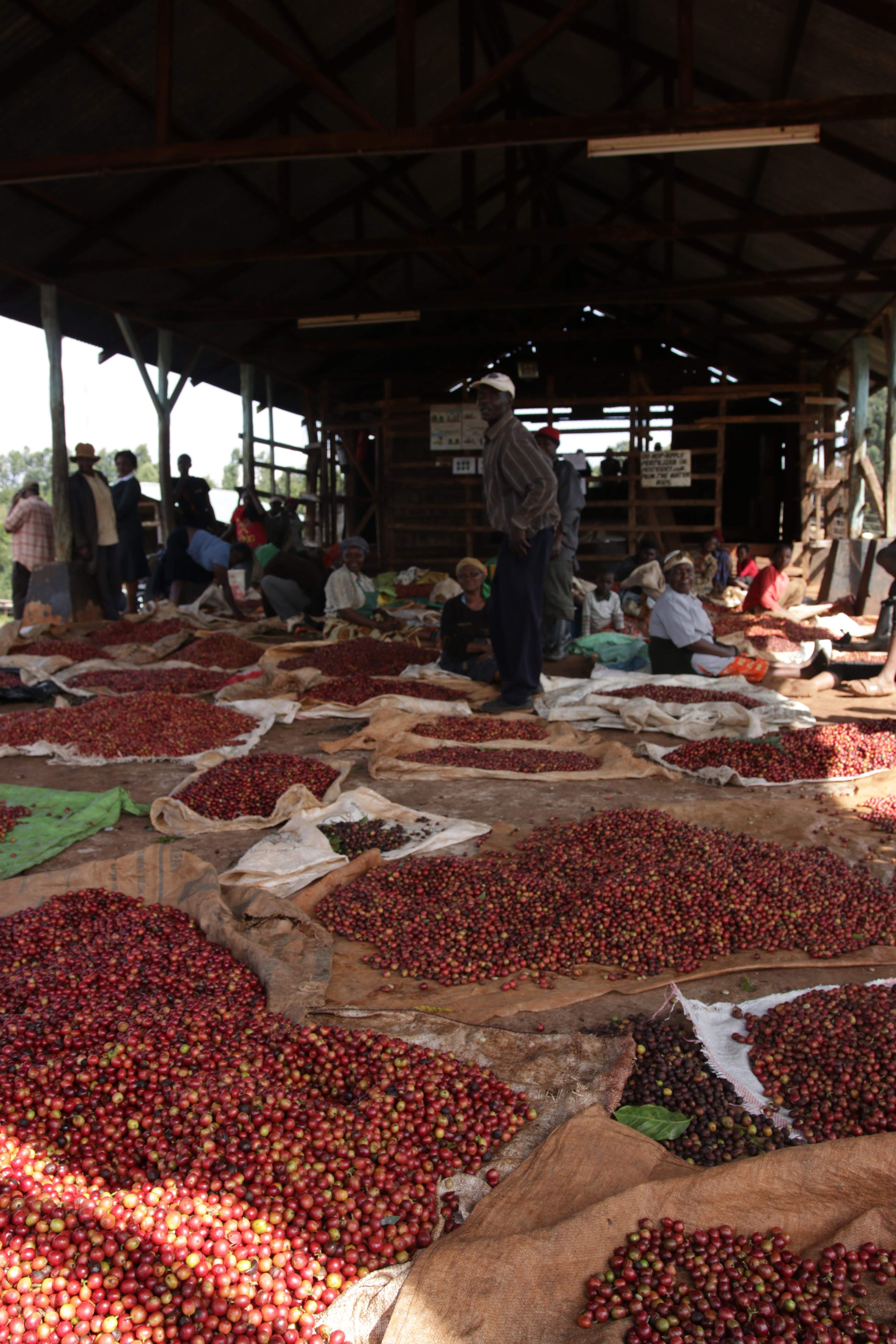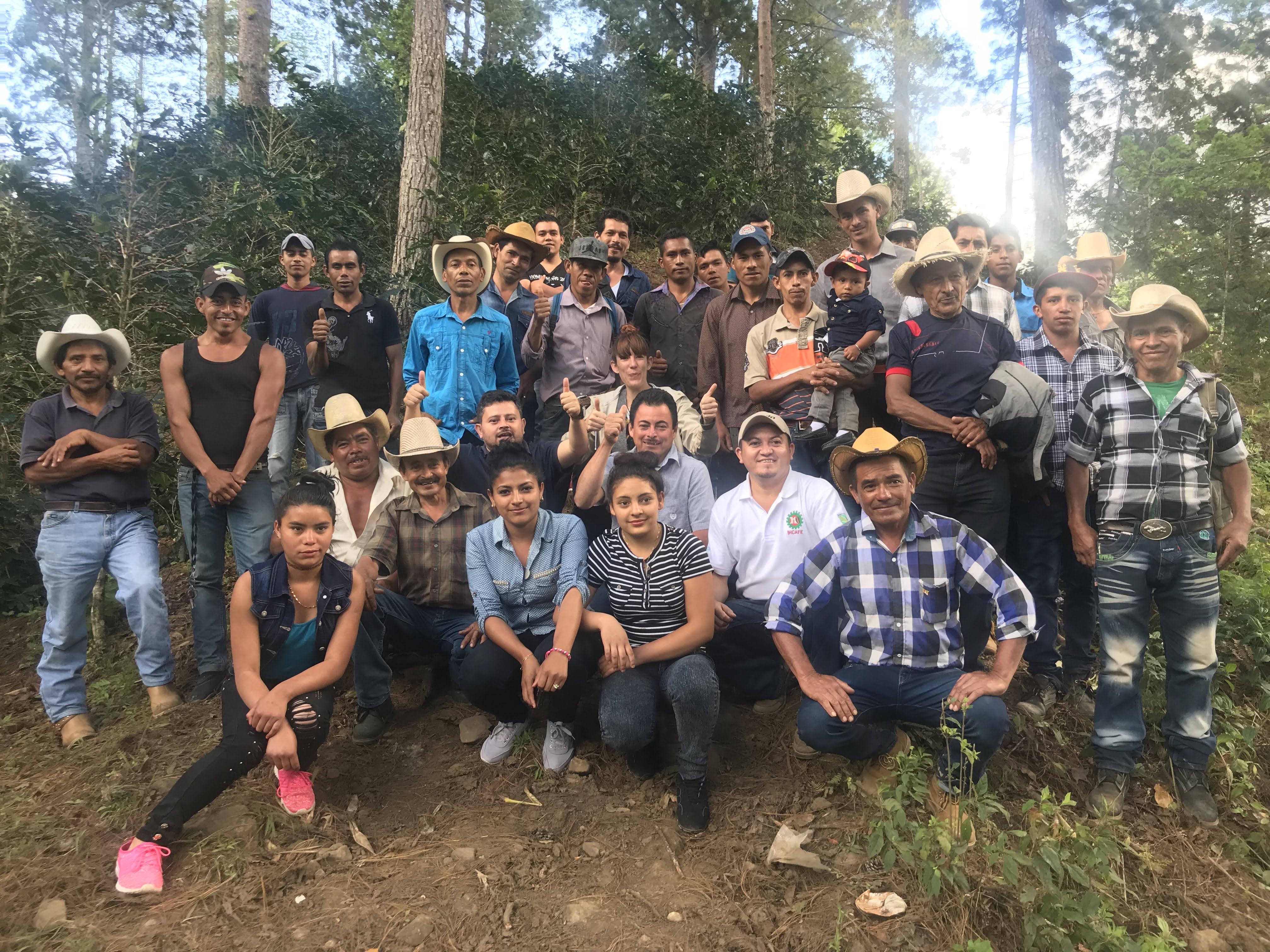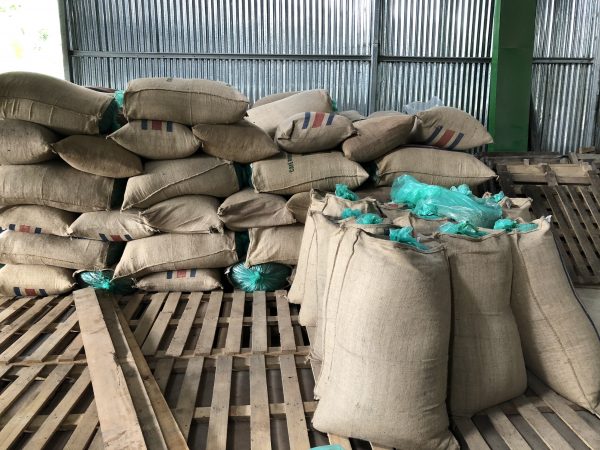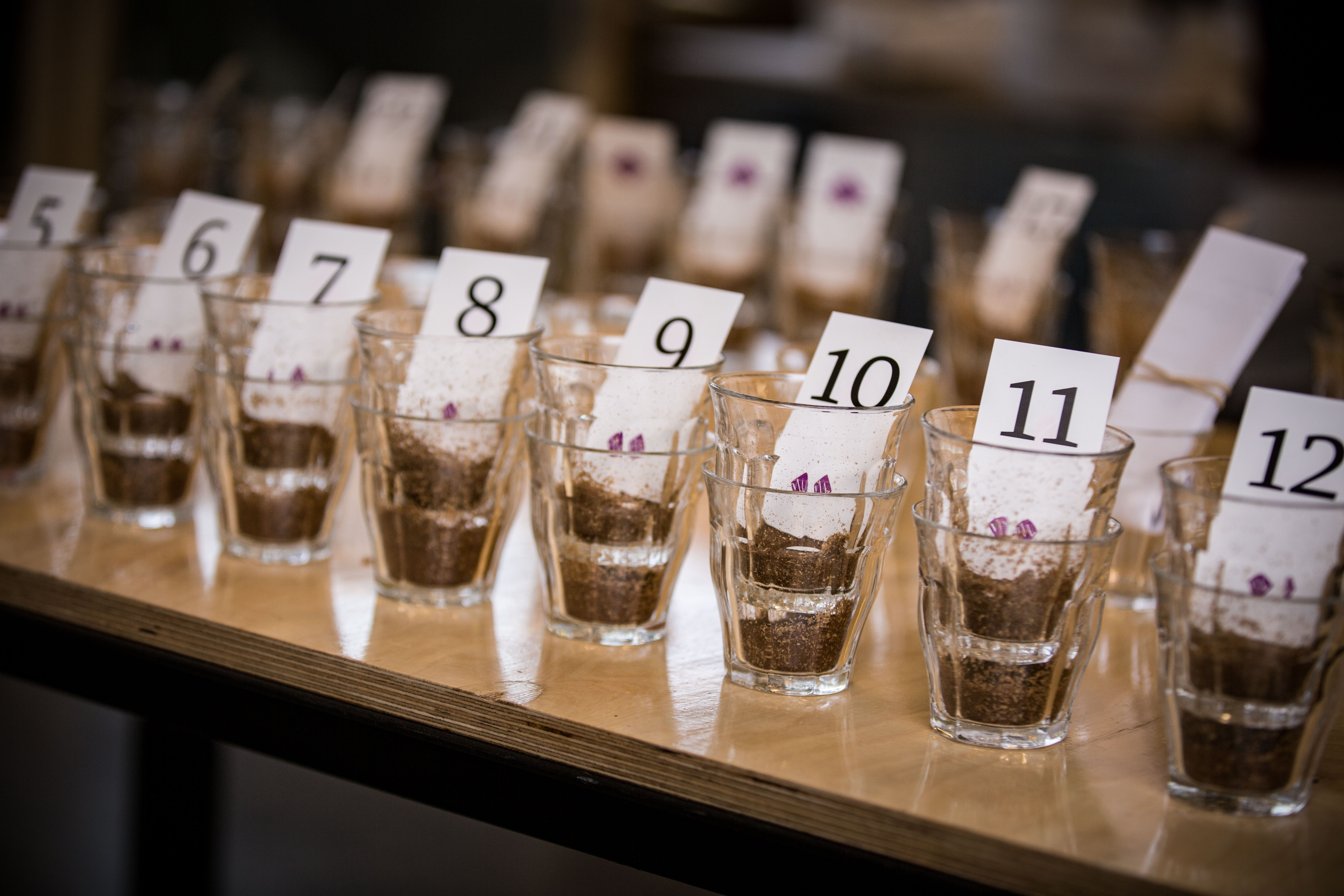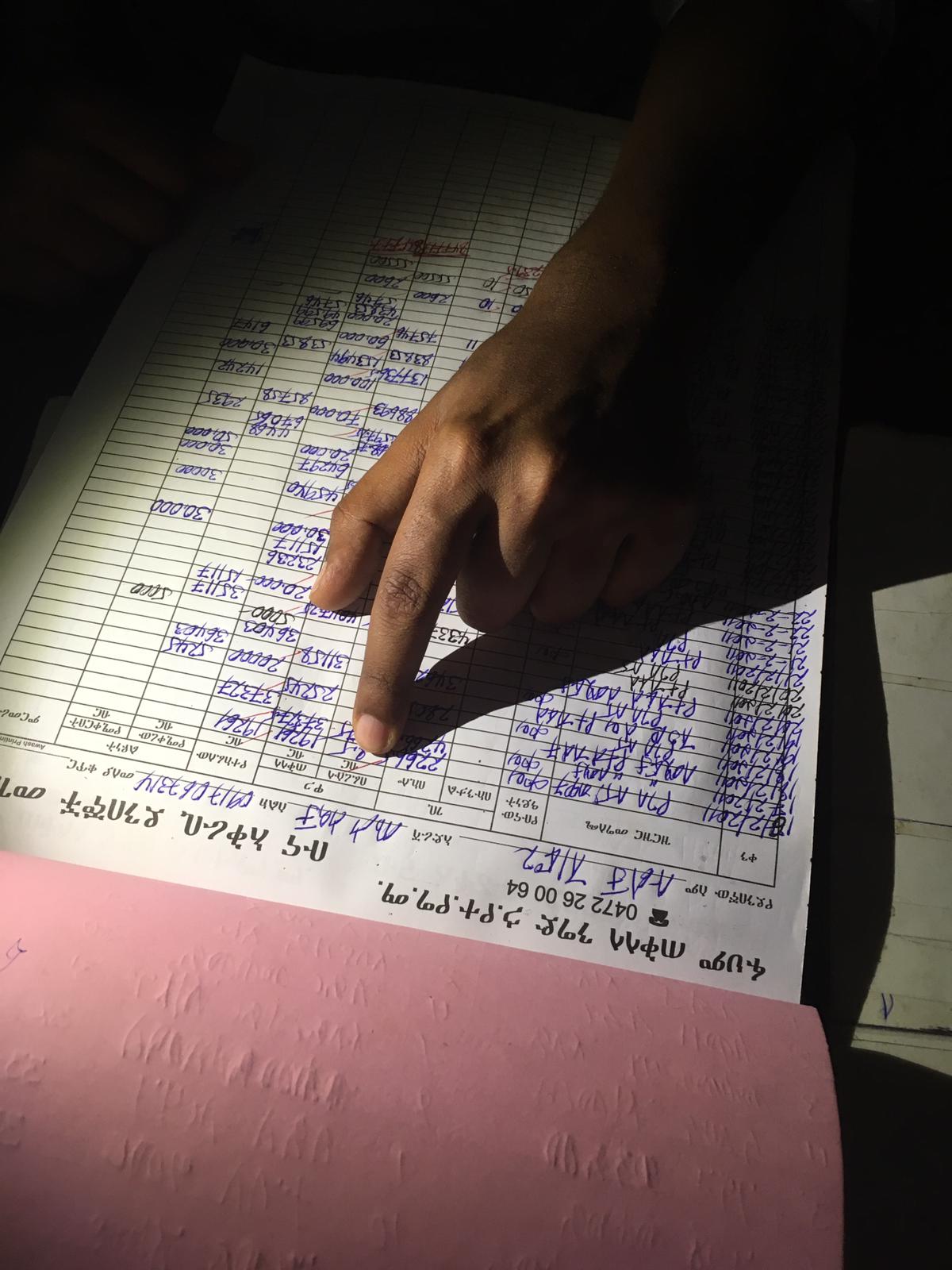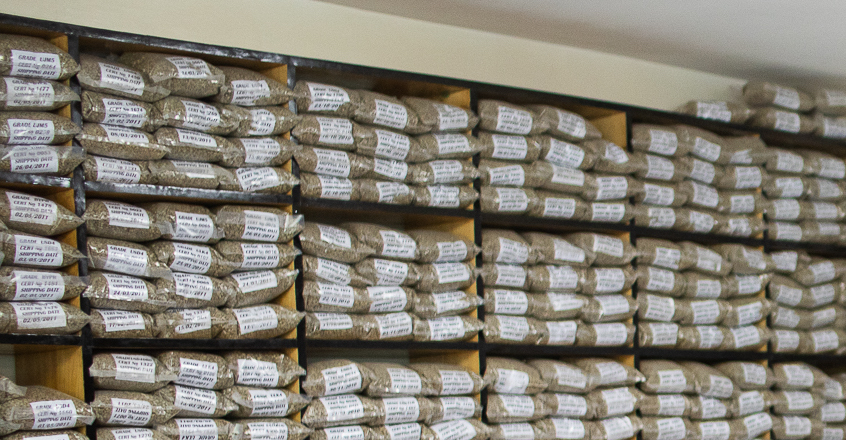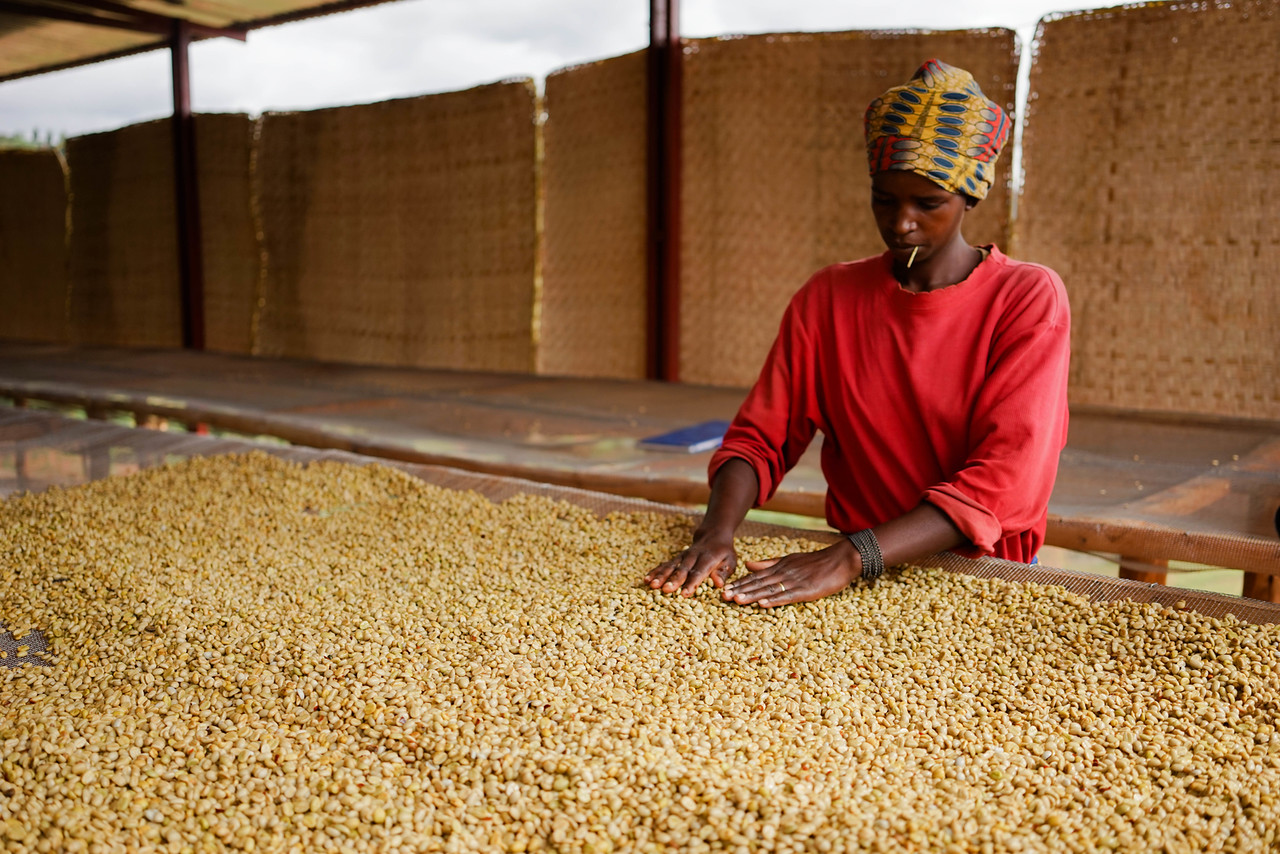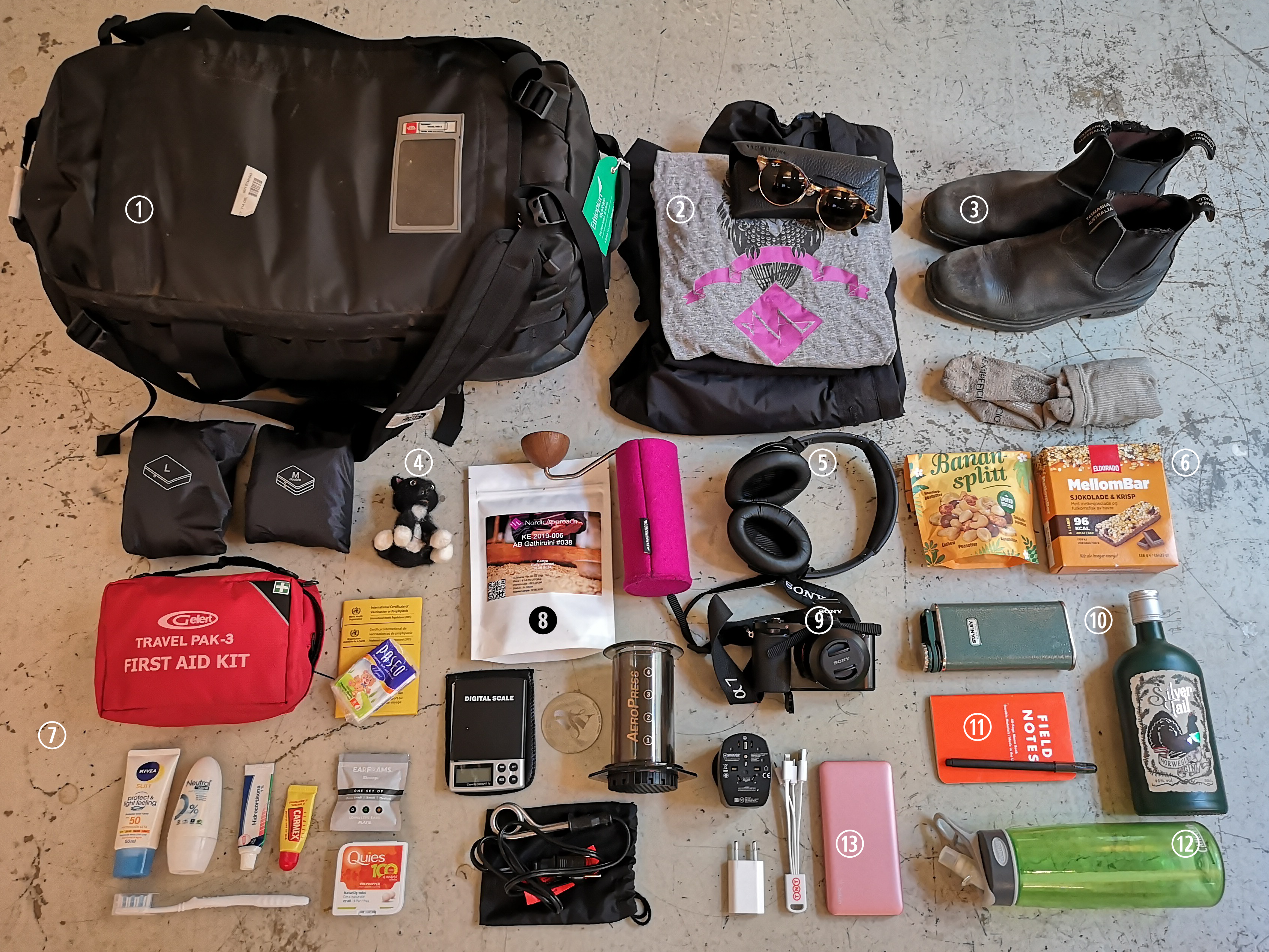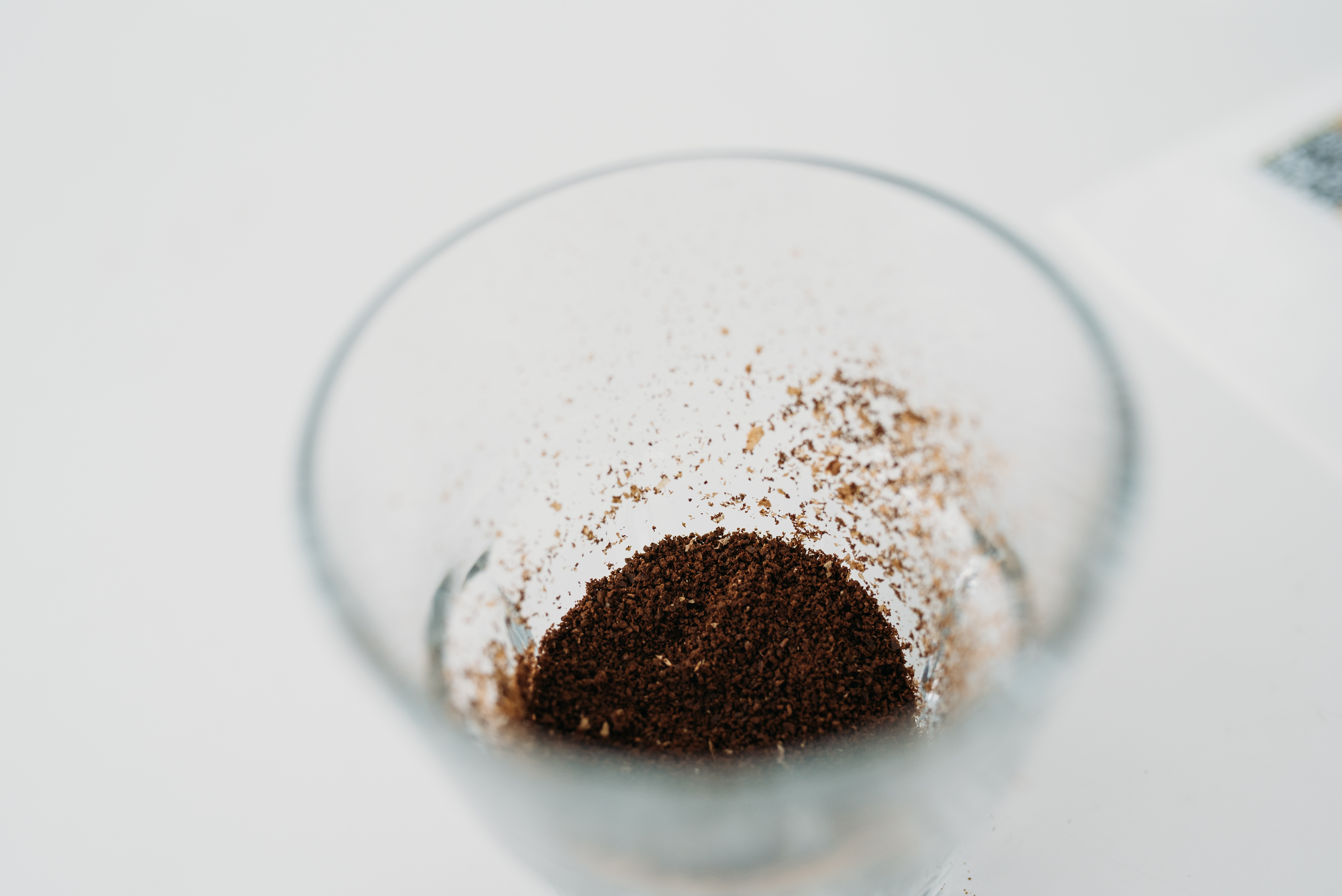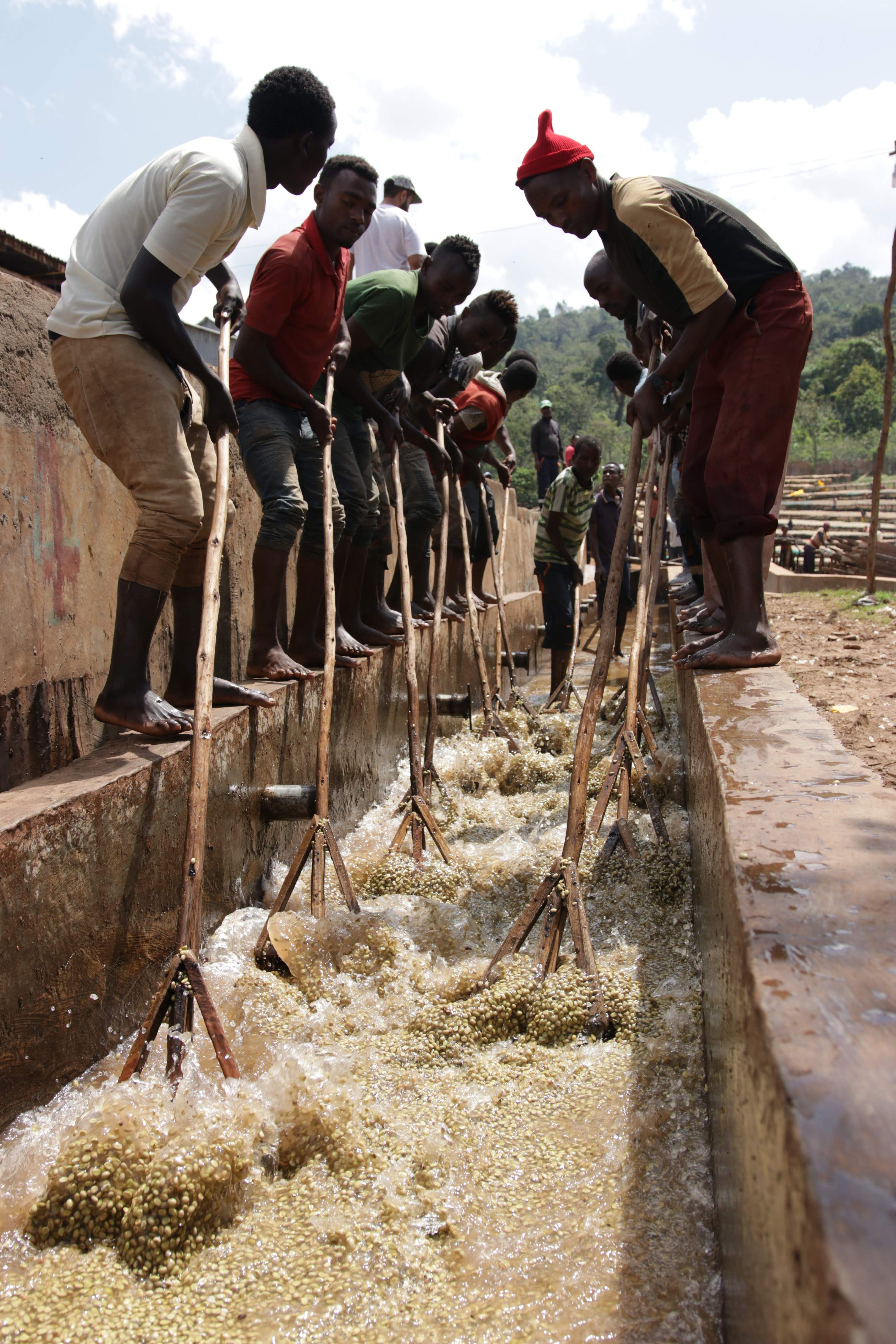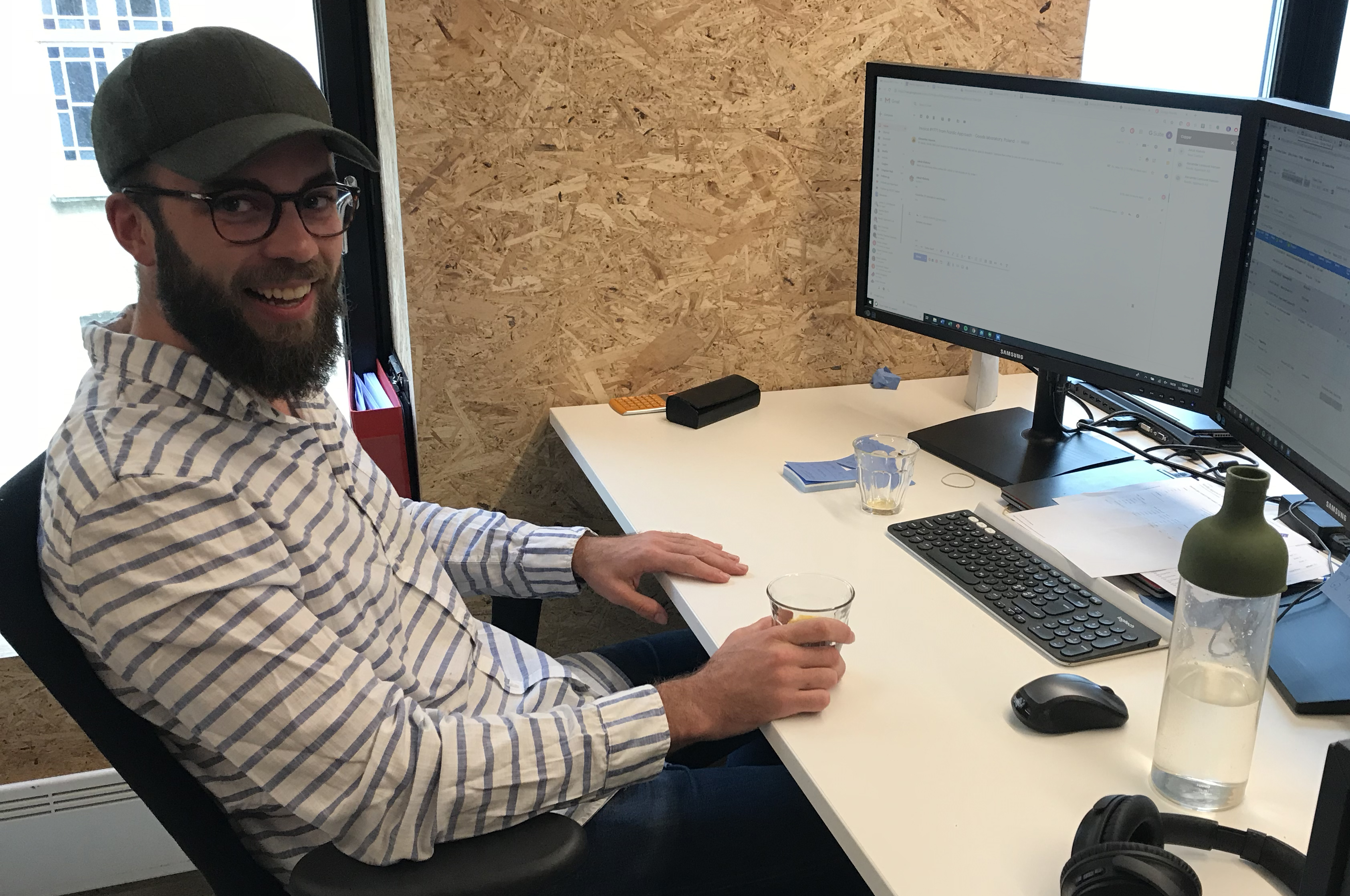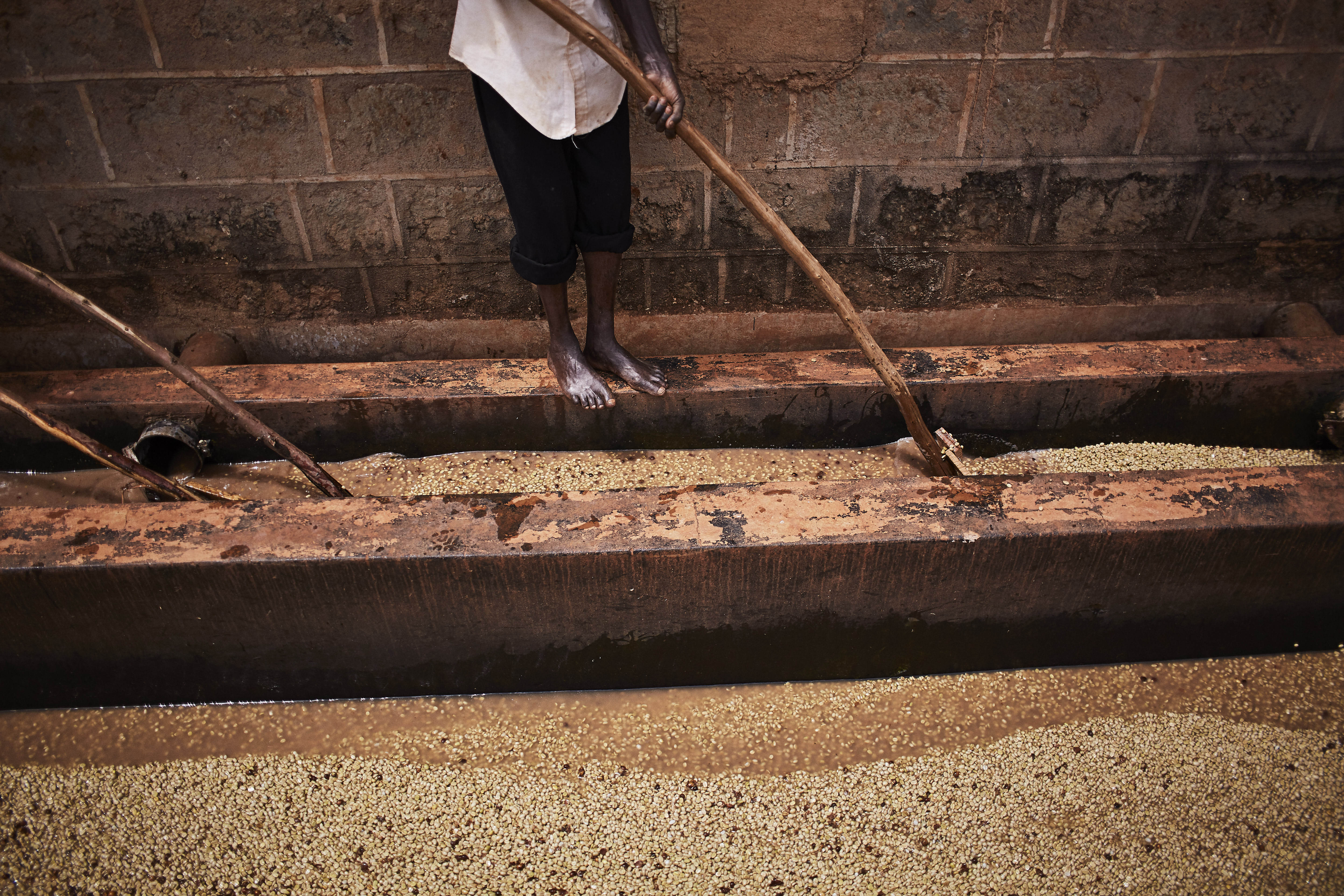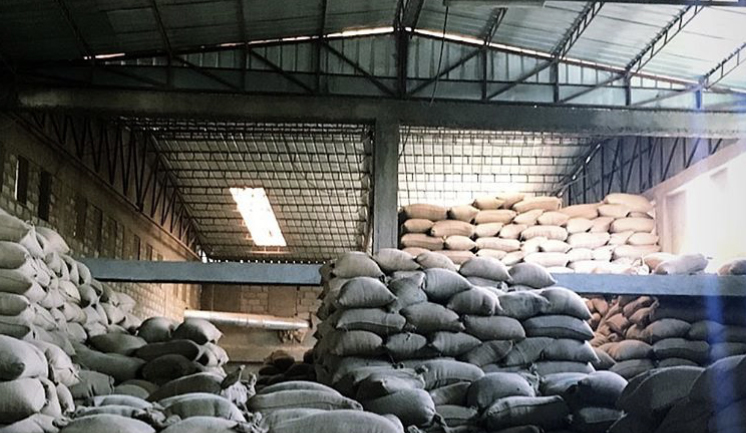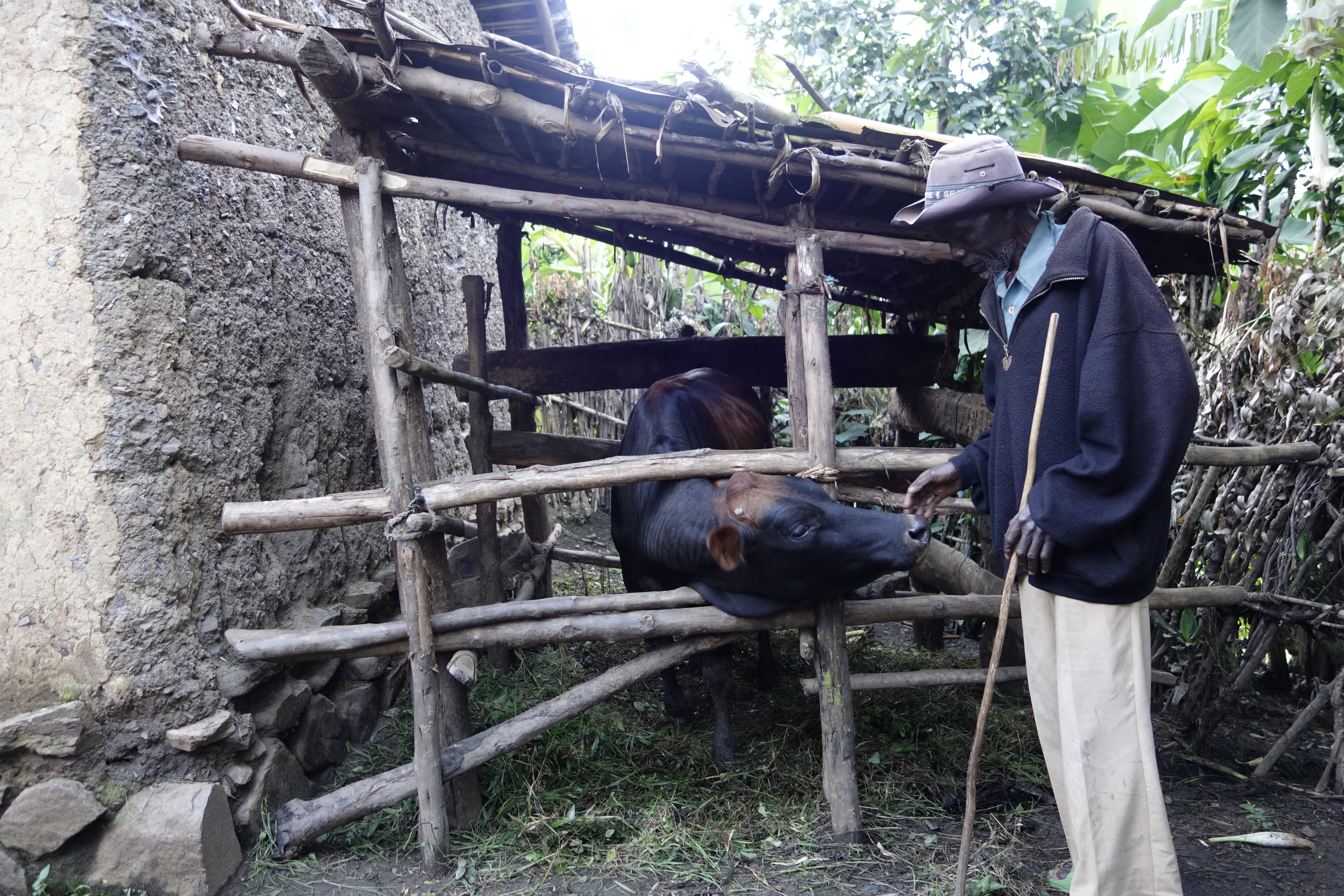2019
Can you feel it – a workshop on detecting mouthfeel
At Nordic Approach HQ in Oslo we regularly hold sensory training events for our staff. This month we ran a workshop to help the team detect mouth feel. I learned this exercise from Ida at CoffeeMind. It’s great for training yourself to discern body and mouthfeel when cupping coffee, and best of all, it’s easy to set up and do yourself. Here’s how: Objective: Range and sort four different liquids from low to high in mouthfeel. Read more…

